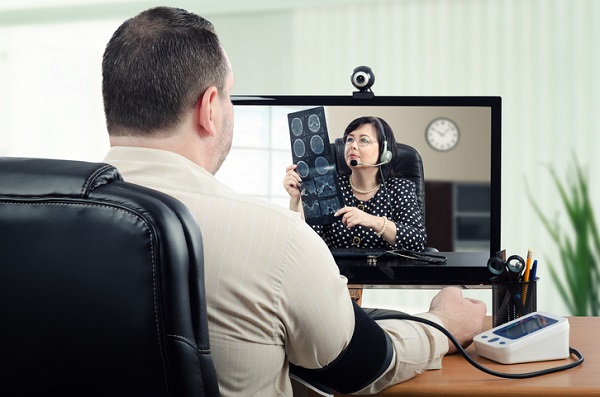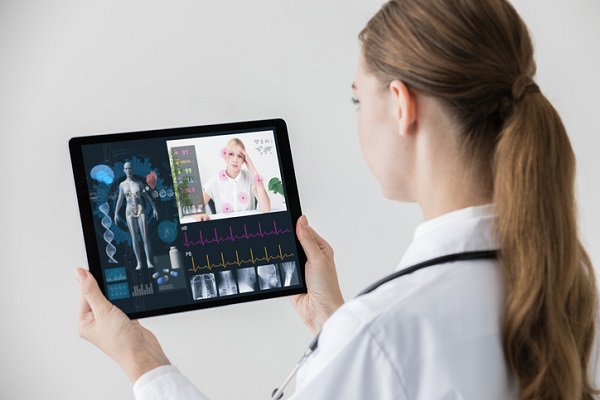
Advancements in technology have led to huge changes in healthcare, from the development of new treatments to the streamlining of data in medical records. However, one of the most visible and impactful changes that may come in the future is the increased prevalence of telemedicine.
Telemedicine provides patients with care remotely by connecting both the patient and their healthcare team when they are in different locations. This technology is now being used in hospitals, clinics, and other healthcare facilities.
There are a number of benefits that telemedicine provides to patients that students who are pursuing a career in the healthcare sector should familiarize themselves with. Read on to learn more.
Advantages That Telemedicine Provides to Patients
The idea of telemedicine has come to the fore in recent years due to the increasing numbers of people with access to computers and mobile devices that possess video streaming apps. Where once it was necessary to make in-person visits to healthcare facilities in order to receive care, many issues can now be assessed remotely.
Students aiming to become a practical nurse should be aware of a number of benefits that are associated with this form of technology. One of the biggest advantages surrounding telemedicine is the convenience and accessibility it offers for patients.
Healthcare teams can provide care to patients in remote regions, as well as areas where there is a shortage of qualified medical personnel. Since this technology bridges the gap between healthcare and distance, it reduces the barriers that would otherwise limit access to treatment.

Telemedicine can also be used to treat certain minor health conditions, such as allergies, colds, and small injuries, without patients having to travel to a clinic or hospital. This can provide immense relief to medical staff, and ensure that patients with more serious injuries do not have to wait too long for treatment.
Telemedicine Makes Patient Follow-up Easier
When patients undergo surgery, are suffering from serious illnesses, or are taking new or necessary medications, it is important for physicians and nurses to monitor the status of their condition. Telemedicine services can be used to perform check-ins with outpatients and receive updates on their condition and the progress of any treatments.
It also give healthcare teams the opportunity to quickly and easily address any issues or provide answers to any questions patients may have, without having to go to the trouble of scheduling a clinical appointment.
Telemedicine Could Help Nursing Training Grads Monitor Patients Remotely
Some telemedicine systems also give medical teams the ability to monitor a patient’s health from within their own home. This is done through attaching various applications, such as a blood pressure monitor, to a tablet which is loaned to the patient. The tablet then sends the information it gathers to the healthcare provider. The system is also capable of sending alerts if vital assistance is needed.

Another perk of this method is the accountability that is given to each patient. If medications are missed or the patient is not following the proper guidelines in their treatment, this information is also sent to healthcare teams. They can then intervene and attempt to ensure the patient adheres to their care plan.
With so many possibilities for providing better, more efficient care, students completing nursing training could find that telemedicine plays a significant role in their future careers. Considering the challenges faced by many healthcare providers around the world, that can only be a good thing.
Are you interested in attending practical nursing school?
Contact Discovery Community College for more information about our program.

